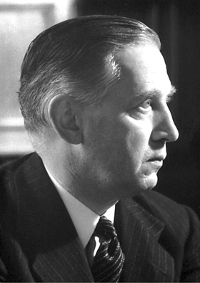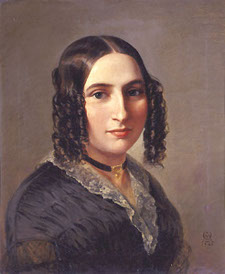
From Sir Edward Victor Appleton’s speech at the 1947 Nobel Banquet:
Ladies and gentlemen, you should not … overrate scientific methods, as you will learn from the story of a man who started an investigation to find out why people get drunk. I believe this tale might interest you here in Sweden. This man offered some of his friends one evening a drink consisting of a certain amount of whisky and a certain amount of soda water and in due course observed the results. The next evening he gave the same friends another drink, of brandy and soda water in the same proportion as the previous night. And so it went on for two more days, but with rum and soda water, and gin and soda water. The results were always the same.
He then applied scientific methods, used his sense of logic and drew the only possible conclusion — that the cause of the intoxication must have been the common substance: namely the soda water!
That’s from Ronald Clark, Sir Edward Appleton, 1971. Clark adds, “Appleton was pleased but a little surprised at the huge success of the story. Only later did he learn that the Crown Prince drank only soda water — ‘one of those unexpected bonuses which even the undeserving get from Providence from time to time,’ as he put it.”





